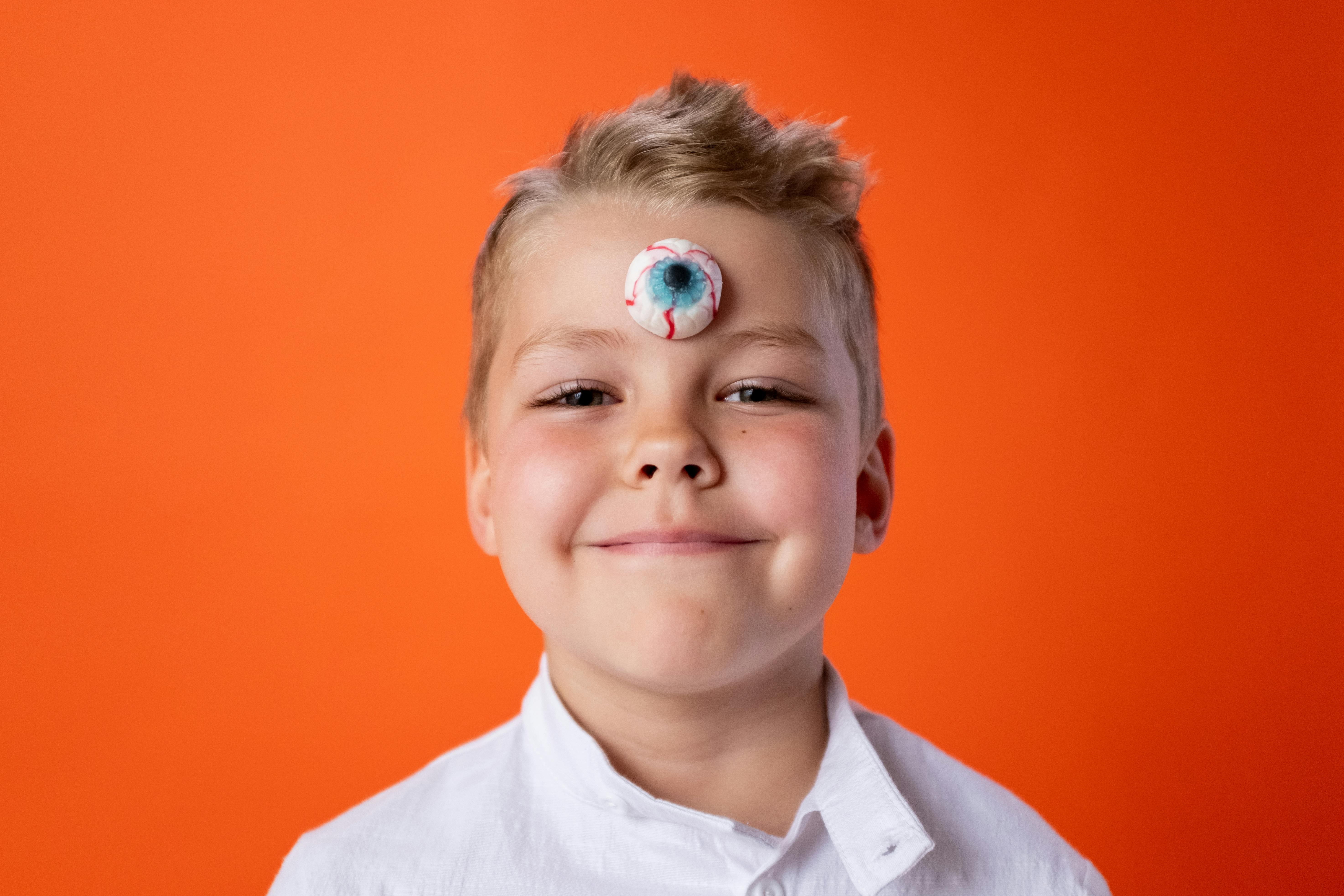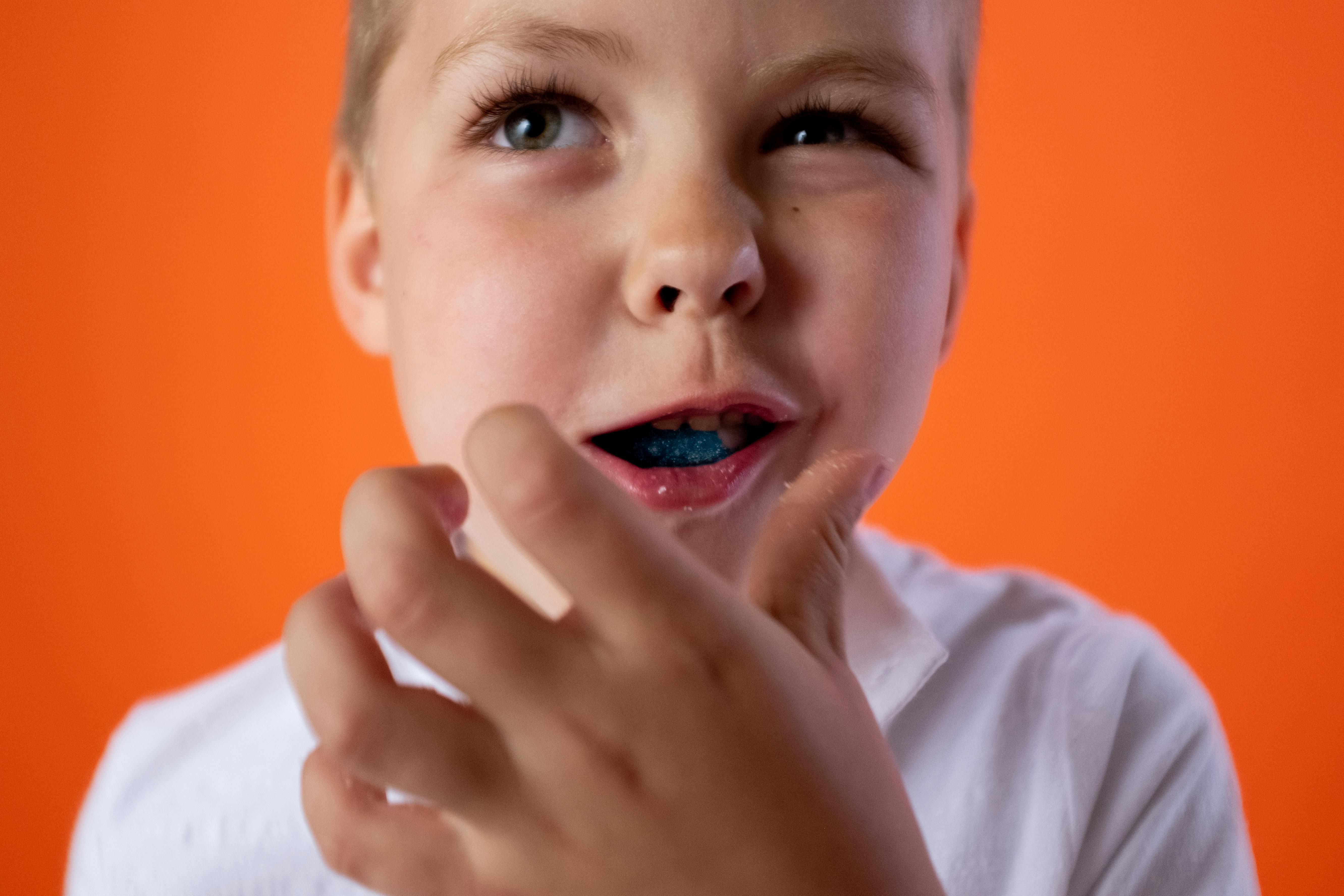Do your teeth hurt after eating candy? You’re not alone. Many people experience toothache after eating sweets, and the cause is often poor oral health habits. In this article, we’ll look at why your teeth may hurt after eating candy and what you can do to prevent it. We’ll also explore potential causes of toothache beyond eating too much sugar, as well as other treatments for toothache if it’s already happened. With the right care, you can help ensure that your teeth stay healthy and strong for years to come.Eating candy can cause tooth pain for several reasons. Firstly, candy is often high in sugar, which can lead to cavities and tooth decay if not removed quickly. Secondly, the sticky texture of many types of candy can stick to teeth and gums, especially when consumed in large quantities. This can lead to plaque buildup and an increased risk of gum disease. Lastly, hard candy, such as lollipops or jaw breakers, can cause chips or fractures in teeth if not eaten carefully. All of these factors can lead to painful sensations in both the teeth and gums.
Tooth Decay
Tooth decay is an oral health condition caused by bacteria in the mouth. It is the destruction of the hard outer layer of the tooth (enamel) by acids produced by bacteria, which can eventually lead to cavities and other dental issues. Tooth decay can occur when plaque, a sticky film of bacteria, builds up on the teeth. Plaque produces acids which erode the enamel and create cavities. If left untreated, tooth decay can cause pain, infection, and even tooth loss.
Good oral hygiene is the best way to prevent tooth decay. This includes brushing at least twice a day with fluoride toothpaste and flossing regularly to remove plaque buildup from between teeth and along the gumline. Eating a balanced diet that limits sugary snacks and drinks also helps reduce risk for cavities. Regular dental visits are important for early detection of tooth decay and preventive treatments such as sealants or fluoride treatments.
In some cases, more extensive treatment may be needed to restore teeth damaged by decay such as fillings or root canal therapy. In severe cases where a large portion of the tooth has been destroyed by decay, it may need to be extracted or replaced with an artificial one such as a dental implant or bridge.
No matter what your age, it is never too late to start good oral hygiene habits in order to prevent tooth decay and maintain healthy teeth and gums!
Eating Too Much Candy and Tooth Decay
Eating too much candy can lead to tooth decay. This happens when the bacteria in your mouth breaks down the sugar in the candy, producing acid that attacks your teeth. The acid erodes the enamel on your teeth, which can cause cavities and other problems. Eventually, if not treated, cavities can lead to infection and even tooth loss. Eating too much candy also increases your risk of gum disease, as the bacteria can build up around the gum line causing inflammation and redness. Consuming large amounts of sugar can also increase your chances of developing dry mouth, which reduces saliva production and leaves you more susceptible to tooth decay and gum disease.
It is important to limit candy consumption as part of a healthy oral hygiene routine. Brush twice a day for two minutes each time with fluoride toothpaste, floss regularly, and visit your dentist for regular checkups and cleanings. Doing so will help keep your teeth healthy and prevent cavities caused by eating too much candy.
How to Avoid Cavities After Eating Candy
Eating candy can be a tasty treat, but it can also lead to cavities if you don’t take steps to prevent them. Cavities are caused by bacteria in the mouth that feed on sugars and other carbohydrates, leading to tooth decay. To avoid cavities after eating candy, it’s important to practice good oral hygiene and follow some simple tips.
First, brush your teeth soon after eating candy. This helps remove any lingering sugars that the bacteria in your mouth can feed on. Additionally, flossing after eating candy can help remove particles of food from between your teeth that could cause plaque and cavities.
It’s also important to drink plenty of water throughout the day. This helps flush away bacteria and food particles from your mouth that could lead to cavities. If you’re out and about, try carrying a water bottle with you so you have easy access to water whenever you need it.
Finally, make sure you visit your dentist regularly for check-ups and cleanings. Your dentist will be able to identify any potential problems early on and give you advice on how to keep your teeth healthy and cavity free. Taking these steps will help ensure that you can enjoy candy without having to worry about cavities or other dental problems in the future.
Symptoms of Tooth Decay
Tooth decay is a common dental problem that can cause pain and discomfort. It is caused by bacteria in the mouth that break down tooth enamel, resulting in cavities and other damage. The most common symptom of tooth decay is a persistent or recurring toothache, which can range from mild to severe. Other symptoms include visible holes or pits in the teeth, pain when chewing or biting down, discoloration of the affected tooth, bad breath, and sensitivity to hot and cold foods or drinks. If left untreated, tooth decay can lead to infection and even tooth loss. Therefore, it is important to visit your dentist regularly for check-ups and cleanings to prevent or treat any signs of decay.
If you experience any of the above symptoms of tooth decay, it is important to seek treatment as soon as possible. Your dentist will be able to assess the extent of the damage and recommend treatment options such as fillings, crowns, root canals, or extractions if necessary. Treatment will not only help restore your smile but also prevent further damage from occurring.

Can Eating Too Much Sugar Cause Tooth Pain?
Eating too much sugar can lead to tooth pain and cavities. When the bacteria in your mouth break down the sugar, it produces an acid that can wear away at the enamel of your teeth. This process is known as tooth decay or cavities, and it can cause a sharp, throbbing pain in the affected teeth. Additionally, tooth decay can also lead to gum disease if left untreated. Gum disease causes inflammation of the gums and can cause further pain in the surrounding area.
Cavities are not only caused by eating too much sugar, but also from poor dental hygiene habits such as not brushing or flossing regularly. When plaque builds up on your teeth, it creates an environment where bacteria can thrive and subsequently produce more acid that wears away at the enamel of your teeth.
In order to prevent cavities and tooth pain, it is important to practice good oral hygiene habits such as brushing twice a day for two minutes with a fluoride toothpaste and flossing daily. Additionally, limiting your intake of sugary foods and drinks is also beneficial for maintaining healthy teeth and gums. Eating a balanced diet that includes fresh fruits and vegetables will help keep your teeth in optimum condition as well as provide you with vitamins and minerals that are necessary for overall health.
If you experience any sensitivity or discomfort in your teeth after eating sugary foods or drinks, be sure to visit your dentist for a professional cleaning and check-up as soon as possible.
How to Treat a Cavity at Home After Eating Candy
Eating candy can be enjoyable, but it’s important to remember that the sugar in candy can lead to cavities. If you have already eaten too much candy and have developed a cavity, there are steps you can take at home to treat it.
First of all, brush your teeth twice a day. This helps to keep bacteria from building up around the cavity and causing further damage. Make sure to use a soft-bristled toothbrush and fluoride toothpaste for optimal results. Also, floss regularly and use an antiseptic mouthwash to keep your mouth healthy.
Next, consider using an over-the-counter fluoride gel or paste. These products help strengthen enamel around the cavity so that it is less likely to become worse over time. Look for products with high concentrations of fluoride, as this will provide more protection for your teeth.
In addition, consider chewing sugar-free gum after eating candy or other sugary foods. Chewing gum helps increase saliva flow in your mouth which helps wash away bacteria and food particles that contribute to cavities. Look for gum with the ADA Seal of Acceptance as this indicates that the gum contains ingredients that fight tooth decay and cavities effectively.
Finally, if the cavity persists or worsens despite at-home treatment methods, make sure to schedule an appointment with your dentist as soon as possible. A dentist is best equipped to assess the severity of the cavity and suggest more intensive treatments such as fillings or crowns if necessary.
How to Prevent Tooth Decay After Eating Sweets
Eating sweets can be a pleasurable experience, but it can also cause tooth decay over time. To prevent tooth decay, it is important to practice good oral hygiene and limit the amount of sweets you consume. Here are some tips for preventing tooth decay after eating sweets:
1. Brush your teeth at least twice a day. Make sure you brush for two minutes each time and use fluoride toothpaste. Brushing your teeth will help remove plaque and bacteria that can cause cavities.
2. Floss your teeth every day. Flossing removes plaque and food particles that brushing may have missed.
3. Rinse your mouth with an antiseptic mouthwash after brushing and flossing to kill any remaining bacteria in your mouth.
4. Eat a balanced diet that includes fruits, vegetables, whole grains, dairy products, and lean proteins, as well as limiting sugary snacks and beverages like soda or candy bars.
5. Chew sugarless gum after meals to help stimulate saliva production which helps neutralize the acidity in the mouth caused by eating sweets and other sugary foods or drinks.
6. Visit your dentist regularly for check-ups and cleanings to make sure there is no early signs of tooth decay or cavities developing in your mouth. Following these simple steps will help prevent tooth decay after eating sweets and ensure a healthy smile for years to come!

Conclusion
Eating too much candy can cause teeth to hurt due to the sugar and acidity content of the candy. The bacteria in your mouth feed on the sugar and produce acid which can damage your teeth. Additionally, hard candy can cause tooth fractures, leading to pain and sensitivity. It is important to practice good oral hygiene habits such as brushing and flossing regularly, rinsing after eating sugary snacks, and limiting candy intake to keep your teeth healthy.
Overall, eating candy can cause pain in your teeth due to the sugar and acid content of the candy as well as potential tooth fractures from hard candies. It is important to be mindful of how much candy you consume and take proper care of your teeth by brushing, flossing, and rinsing regularly. Doing so will help minimize any dental issues that could arise from eating too much candy.
